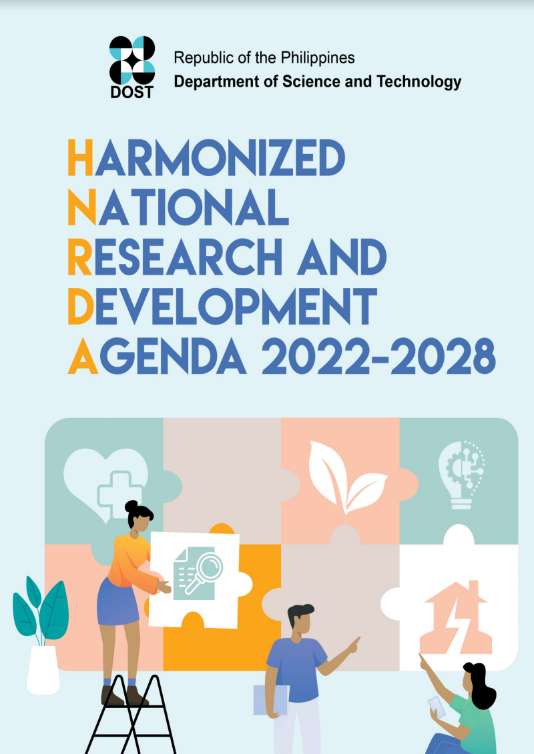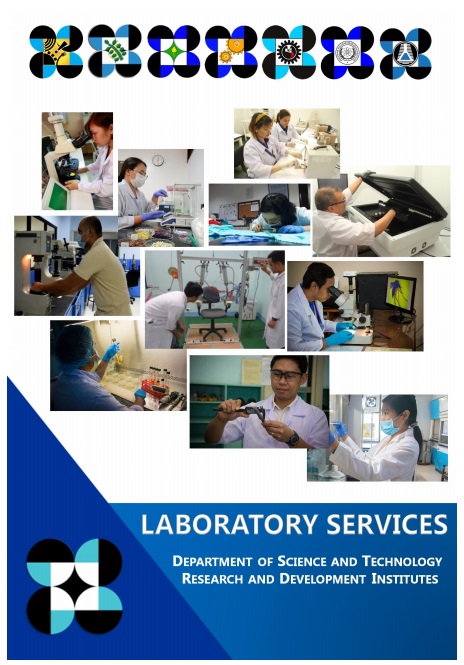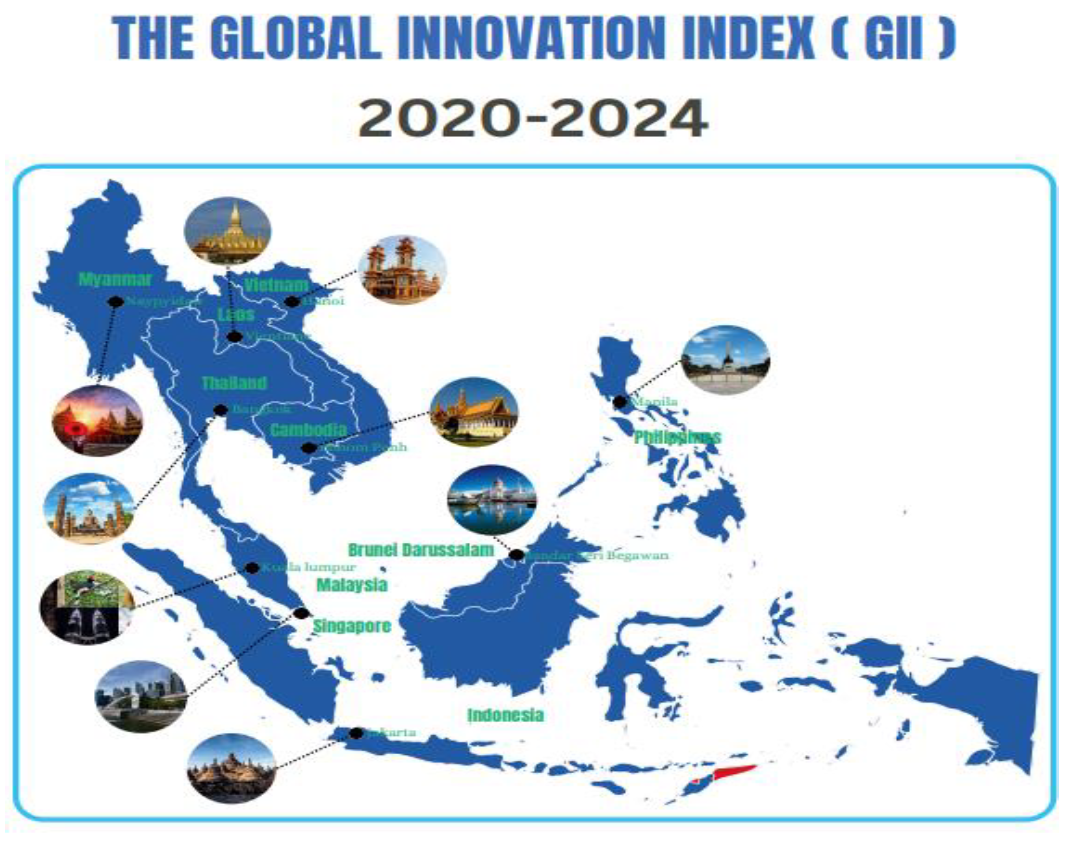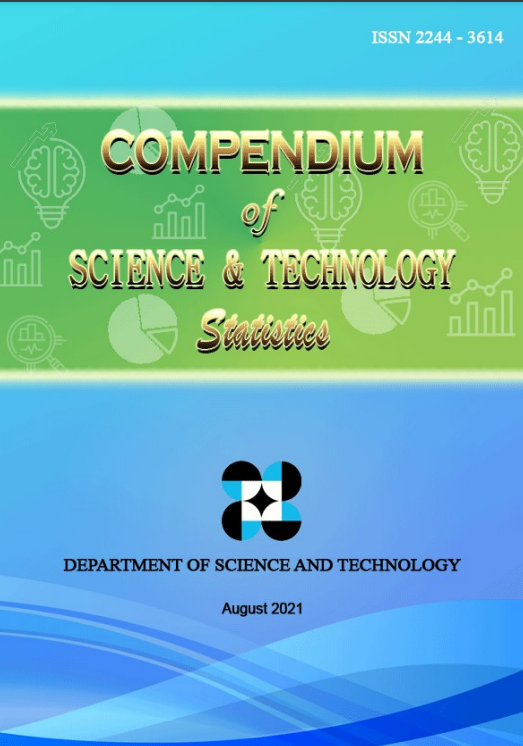DOST, IPO push for intellectual property protection
- Details
- Hits: 3390
“Protect your intellectual property right from the start,” advised Carmen Peralta, director of Intellectual Property Office Philippines (IPO-Phil), to a group of young technopreneurs during the Investors and Start-ups Forum held at the UP-Ayala Technohub in Quezon City last January 11.
Organized by the Department of Science and Technology-Technology Resource Center (DOST-TRC), the forum was part of DOST’s bid to promote IP awareness to strengthen its technology business incubation program. Under this initiative, private or public entities called business incubators or accelerators provide assistance to start-up companies via affordable services and facilities, administrative and technical support, mentorship, and linkages to clients and investors.
According to Dir. Peralta, a strong intellectual property (IP) portfolio could boost the value of a start-up company. She cited The Economist claims in 2005 that 75 percent of the value of publicly-traded companies in the US was based on IP.
IP refers to any creation or product of the human mind including inventions, original designs, practical applications of a good idea, mark of ownership, literary and artistic works. Protecting IP rights through patents, utility models, industrial design, and copyrights will ensure that that any commercial gain from the use, production and sale of a product or creation will go to the inventor or creator, and not someone else.
Further, the IPO-Phil director emphasized that the “first to file” rule applies in the country, so it is important for start-up companies, especially when technology is at the core of their business, to study their IP protection strategy as early as possible and get advice from professionals.
A person of a company with a novel, inventive and useful product, process or improvement of a product is advised to file a patent to obtain a 20-year exclusive right over the product. This means that no one else is authorized to develop and sell his or her product other than those formally authorized. The person or company that owns the patent receives royalty whenever other people or entities use the product for commercial purpose.
IPO Phil has waived its fees for the first 1,000 patent applications under the Patent Protection Incentive Package. However, Peralta clarified that this applies only to those inventors and researchers who are collaborating with institutions which are Innovation and Technology Support Office (ITSO) franchisees.
A utility model, or an innovation that is not sufficiently inventive, is given seven years patent protection.
Meanwhile, an industrial design, referring to the aesthetic aspect of a product, can have a five-year patent protection that can be renewed twice.
While patents, utility models, and industrial designs require registration, a copyright does not as it can be filed immediately from the time of publication or recording and other such moments of expression. Copyrights last 50 years after the death of the owner.
The forum also featured a panel discussion on start-up founders under the DOST-TRC Open Technology Business Incubator (Open TBI) and UP Enterprise, two of several incubators set up in the country via DOST’s business incubation program. The start-up founders pitched their companies and products as well as shared the challenges and demands of starting up a business.
Moreover, the speakers also revealed that there are financing companies that can help private incubators, accelerators and angel investors beef up their businesses.
Biotechnology Pilot Plant for all
- Details
- Hits: 13389

Dr. Amelia P. Guevara, Department of Science and Technology Undersecretary for Research and Development (second from right) led the inauguration of the latest Biotechnology Plant together (R-L) with BIOTECH Director Reynaldo V. Ebora, UPLB Chancellor Rex VIctor O. Cruz and BIOTECH Pioneer Dr. William Padolina at the UPLB BIOTECH Complex in Los Baños Laguna. Funded by the DOST’s Philippine Council for Industry, Energy, and Emerging Technology Research and Development (PCIEERD), the pilot plant can produce technologies in the lab into semi-commercial scale. The BIOTECH pilot plant is the only biotechnology facility that caters not only to the researchers and the academe but to start up entrepreneurs as well.
Stay healthy with DOST-developed guyabano supplements & tea
- Details
- Hits: 249189

Green, pulpy, sweet, and healthy. That is guyabano for you.
Guyabano (Anona muricata), or soursop as it is known in English, is a small tropical fruit tree bearing a sweet heart-shaped fruit with a soft-spined green outer skin and soft pulpy white flesh. It has been refreshing people for a long time as a fruit juice, flavoring, puree, tea, or eaten as it is. It is being widely cultivated in Central America, some sub-Saharan parts of Africa, and in Southeast Asia, the Philippines included.
But aside from being rich in carbohydrates, dietary fiber, and Vitamins C, B1, and B2, do you know why it is very good for you? Studies by the Chemicals and Energy Division (CED) of the Department of Science and Technology’s Industrial Technology Development Institute (DOST-ITDI) show that guyabano generally has high flavonoid content. Flavonoids are phytochemicals that have been found to inhibit or even prevent the growth of viruses, carcinogens, and allergens.
These are just the few benefits that the DOST-ITDI aims to harness as it develops and promotes guyabano as a natural dietary health supplement. Traditionally, guyabano has been consumed by diabetics to lower their blood sugar, and tests showed that it even outperforms Metformin, the most commonly used maintenance drug of diabetics, in lowering blood glucose levels.
Hence there is the need for a better and more convenient packaging for guyabano to strengthen its marketability.
ITDI’s CED, while adhering to WHO standards, processed and packaged guyabano fruits and leaves into 250 and 300mg capsules or in two-gram teabags. “Thus, guyabano capsules and tea bags are now more convenient to use. They are standardized and naturally processed, and thus guaranteed safe,” says Annabelle Briones, CED chief science research specialist.
In addition, guyabano has been scientifically and traditionally proven to have great natural benefits. It helps lower fever, spasms, heart rate, and blood pressure. It also helps relieve pain, inflammation, and asthma. Consuming guyabano extract can also safely prevent cancer cells from forming while effectively slowing down tumor growth. It also helps stop the growth of harmful bacteria, viruses, fungi, and parasites, even as it stimulates digestion and stop convulsions.
At the ITDI, CED researchers performed thin-layer chromatographic fingerprinting and phyto-chemical screening on the guyabano extract to determine its chemical makeup. They also tested the fruit for anti-microbial capability against Staphylococcus aureus, E. coli, and other common bacteria strains, as well as for acute toxicity.
They used the Folin-Ciocalteau method to determine the antioxidant content of the leaves and fruits. After the screening, the researchers confirmed that the guyabano extract used was relatively free of pesticide residues, heavy metals, molds, and salmonella.
“We also discovered that the green unripe guyabano fruit contains more flavonoids than the yellowish ripe fruit. The leaves meanwhile are rich in tannins, fats and oils, unsaturated steroids, and triterpenes, and again, more flavonoids,” Briones said. “Therefore, all these properties really make guyabano an ideal health supplement.”
So it seems like it is not just an apple a day that could keep the doctor away, but guyabano too!
More peanuts to grind now for this Dipolog firm
- Details
- Hits: 4388
KRAM’s Food Products, a small to medium enterprise that produces peanut butter in Estaka, Dipolog City, is ready to grind more peanuts.
With a P120,000 support from the Department of Science and Technology-Small Enterprise Technology Upgrading Program (DOST-SETUP), the firm is spreading up its creamy, crunchy prospects as it upgrades its peanut butter processing facility.
Through the support, KRAM’s will acquire two peanut grinders, two stainless steel tables, a peanut roaster, and a biomass stove. To improve its production process, KRAM’s also participated in DOST-Region IX’s trainings on good manufacturing practices (GMP), and on basic sanitation and hygiene for the enterprise workforce.
With these interventions, the enterprise expects to chomp up its current production by 30 percent, which will result in production of 1,008 more peanut butter jars a year.
It also targets to increase sales by 30 percent, generate additional employment, improve the quality of products through adherence to GMP, and acquire License to Operate from Department of Health’s Food and Drug Administration (FDA).
KRAM’s Food Products produces peanut butter from roasted peanuts that are grilled and mixed with sugar, salt and butter. The product is consumed mainly as sandwich spread, and as ingredient in making fresh lumpia and kara-kare.
It currently distributes peanut butter products in cities of Dipolog and Dapitan, and in the municipality of Manukan. As soon as the enterprise gets FDA license, it plans to expand its market to major grocery stores in Zamboanga del Norte province.
SETUP, a flagship program of DOST, is a nationwide strategy to encourage and assist micro, small and medium enterprises in the implementation of technological innovations and improvements in their operations in order to boost their productivity and competitiveness.










































